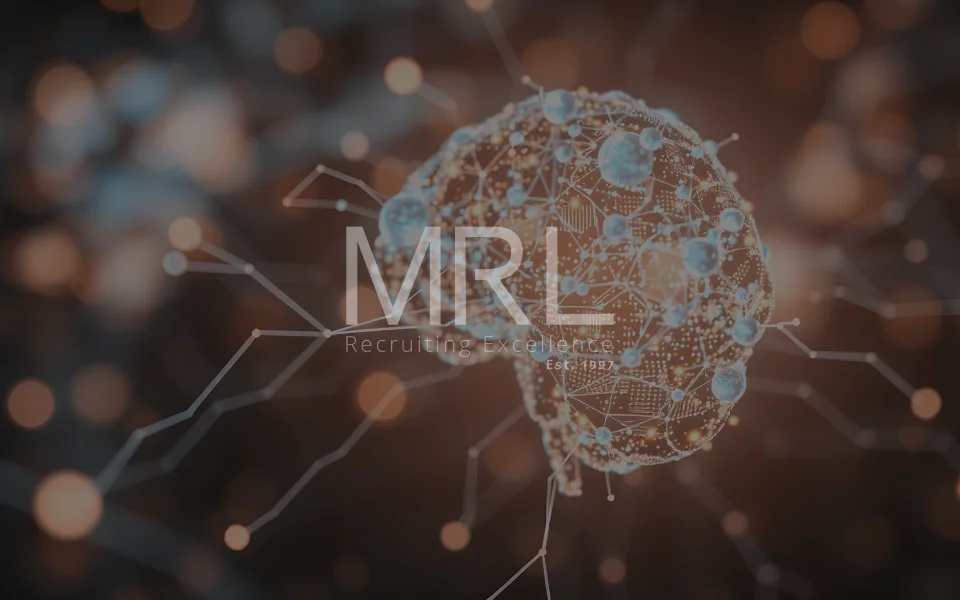AI in clinical trials: How AI can be used to speed up the clinical trial process
31 Jul, 20233 minutesClinical trials are a critical step in the development of new drugs, vaccinations, and thera...

Clinical trials are a critical step in the development of new drugs, vaccinations, and therapies. They are designed to test the safety and efficacy of new treatments before they are approved for use by the general population.
However, clinical trials can be time-consuming and expensive, which can slow down the drug development process. That's where artificial intelligence (AI) comes in, which is known to be one of the big pharma industry trends in 2023.
In this blog post, we will explore how AI can be used to speed up the clinical trial process, the benefits and challenges of using this technology, and the potential future it can play in clinical trials.
Role of AI in Clinical Trials
AI can play a crucial role in the clinical trial process by automating many of the tasks that are typically performed by human researchers. For example, AI can be used to analyze patient data and identify patterns that would be difficult for humans to detect. AI can also be used to monitor patients in real-time, which can help researchers track their progress and identify potential side effects more quickly.
Another way that AI can be used in clinical trials is through the use of predictive modelling. This involves using AI algorithms to analyze large datasets and predict outcomes. For example, AI can be used to predict which patients are most likely to respond positively to a particular treatment or to identify potential side effects before they become a problem.
Advantages of AI in clinical trials
There are many potential benefits to using AI in clinical trials. One of the most significant is increased efficiency and speed. By automating many of the tasks involved in clinical trials, researchers can speed up the process and get new treatments to patients more quickly.
AI can also help improve patient recruitment and retention. By using predictive modelling, researchers can identify patients who are most likely to benefit from a particular treatment and target them specifically. This can help reduce the number of patients who drop out of the trial, which can improve the quality of the data.
Additionally, AI-powered wearable technology can also assist researchers and patients in that they will not need to visit a physical site to have their vitals checked, but this can rather be done remotely.
Another benefit this technology can play in clinical trials is more accurate data analysis. AI algorithms can analyze large datasets much more quickly and accurately than humans can. This can help researchers identify patterns and correlations that would be difficult for humans to detect, which can lead to new insights and discoveries.
Finally, AI can help researchers make better decisions. By providing real-time data and insights, AI can help researchers make more informed decisions about the design of the trial, the selection of patients, and the monitoring of their progress.
Key Limitations of AI in clinical trials
While there are many potential benefits to using AI in clinical trials, there are also several challenges that need to be addressed. One of the biggest is the lack of data quality and standardization. AI algorithms rely on high-quality data to make accurate predictions and identify patterns. If the data is incomplete, inconsistent, or biased, the algorithms may not be able to make accurate predictions.
Another obstacle is data privacy and security concerns. Patient data is sensitive and must be protected from unauthorized access. Researchers must take steps to ensure that patient data is kept secure and that patients' privacy is prioritized.
Finally, there are regulatory and ethical considerations. The use of AI in clinical trials raises questions about who is responsible for making decisions and ensuring the safety of patients. Researchers must ensure that they are following ethical guidelines and that they are complying with regulatory requirements.
Can AI make a positive impact in clinical trials?
The use of AI in clinical trials has the potential to revolutionize the drug development process, by increasing efficiency, improving patient recruitment and retention, enabling more accurate data analysis, and assisting researchers in making better decisions.
However, it is important to acknowledge and address the challenges and limitations that come with the use of AI in clinical trials, such as data quality and standardization, data privacy and security, and regulatory and ethical considerations.
As we continue to explore the potential of AI in clinical trials, it’s crucial that a balance is maintained between innovation and patient safety and to ensure that this technology is used responsibly and ethically for the benefit of all.
If you're interested in hearing about the opportunities we have available, email us at lifesciences@mrlcg.com and one of our specialist consultants will be in touch for a confidential discussion.




